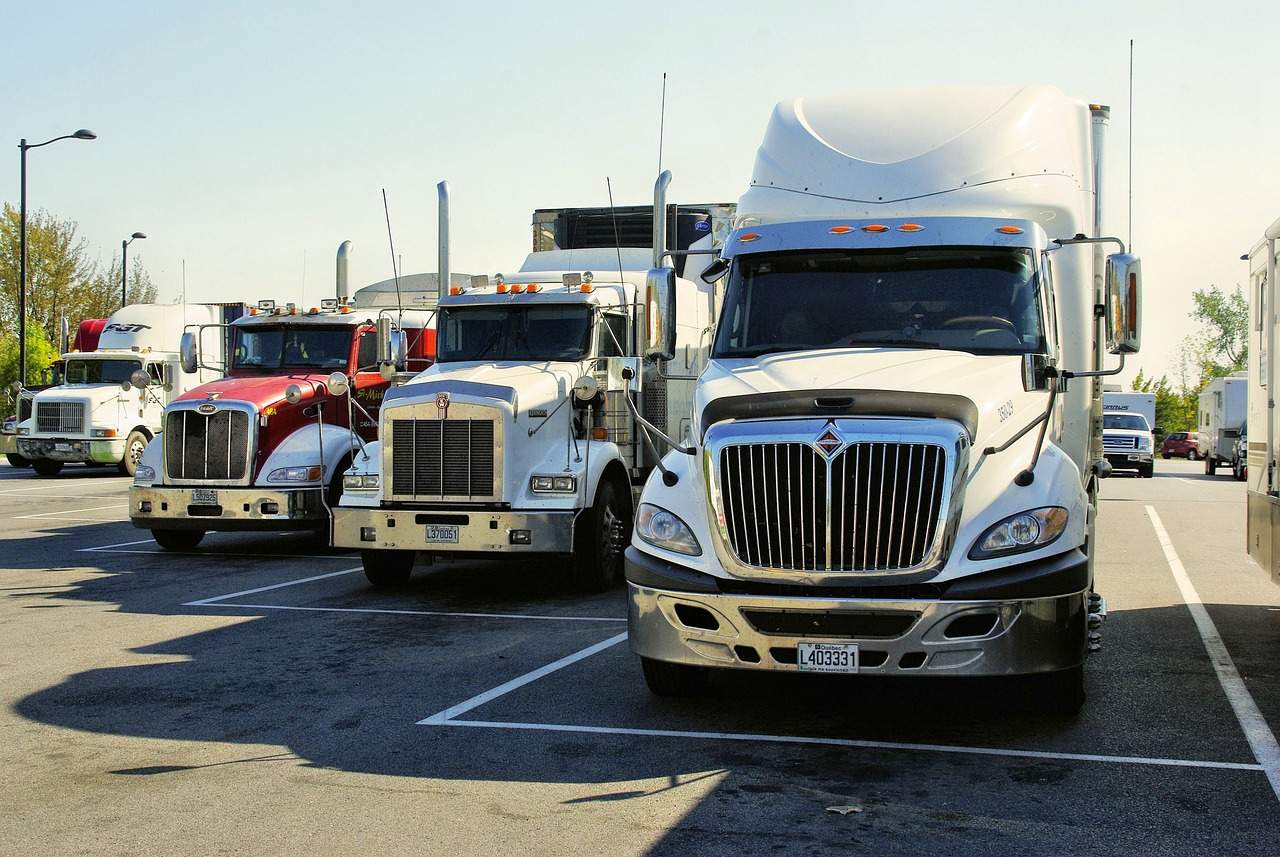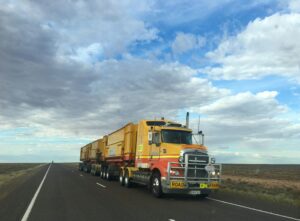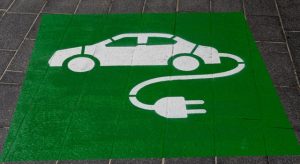In this modern day and age with constantly advancing technology, with several companies already in the works to flood the market with driverless cars, some have begun working on driverless 18-wheel trucks. Many of the autonomous vehicles have thus far been tested in California, but now California is putting up some blockades and restrictions against these massive self-driving trucks from being tested in the state.
There is a bill currently going around the state legislature that would limit any test driving for these trucks in the state. Assembly Bill 316 would require a living person to be present in the vehicle in the testing phases for at least the first 5 years of testing. During these years, the state would be conducting audits and evaluations checking the safety and authenticity of these vehicles.
At the same time that this bill is being deliberated, the state already passed a bill allowing more self-driving tests to be done in San Francisco.
Those against the bill describe the actions as premature. They argue that the fact that the state has not even opened up the testing at all yet for these trucks. They further their argument by explaining that all tests that have thus far been conducted, predominantly in Arizona, Texas, and Arkansas, have promising safety statistics. In all of the drives that have happened in those states, there have been zero fatal crashes. Given this, opponents to the bill claim that California is judging the vehicles too harshly before giving them a proper chance.
The executive director of the Autonomous Vehicle Industry Association, Jeff Farrah, believes that the bill will not make the roads safer in California, therefore feeling the law is null and void in necessity. He uses crash statistics in the state to argue that most of the vehicle crashes that happen in the state are from human issues anyway.
Another issue many have with the assembly bill is that it would expand the power the state has over the Department of Motor Vehicles. The DMV is responsible for the testing and deployment of self-driving vehicles, so they are the agency affected by the bill. Other government agencies feel the DMV has been too lax in their regulations on testing autonomous vehicles, which is why they try to pass bills changing them.
Currently, it is unknown what the future holds for these large-scale self-driving vehicles.






